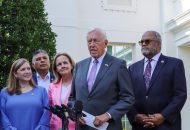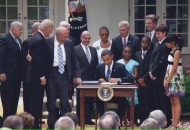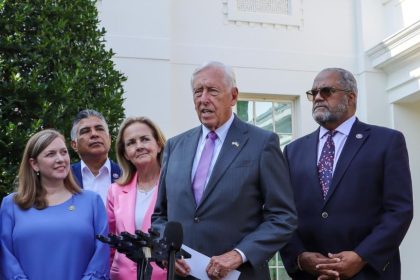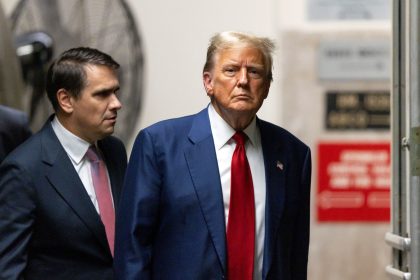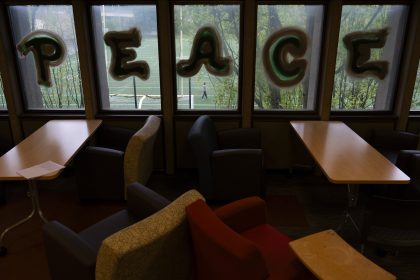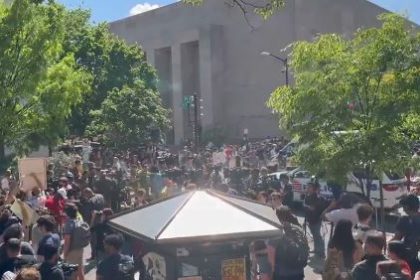Colleges Seek Legal Protection as They Mull Return to In-Person Classes
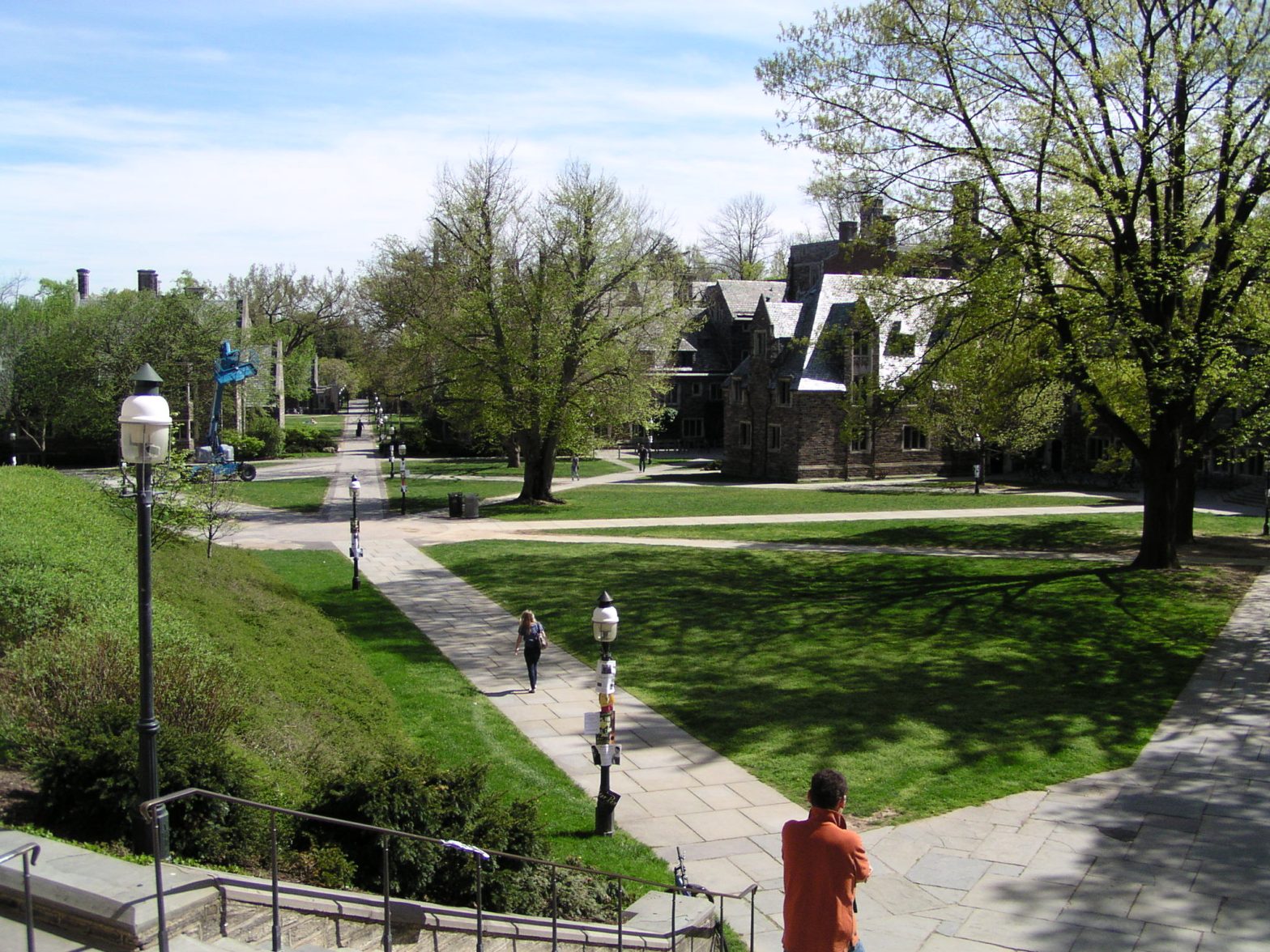
WASHINGTON — With fall around the corner and coronavirus cases surging in some states, U.S. colleges are scrambling to figure out their gameplans for the upcoming school year.
Public health experts have repeatedly warned of a potentially massive second wave of the pandemic if cases aren’t reined in before cooler weather arrives this fall.
Some colleges are taking a more cautious approach to reopening by investing heavily in digital infrastructure and committing to a new virtual learning model. California’s community colleges, the country’s largest higher education system, has announced that it will teach almost exclusively online this fall.
Meanwhile, other institutions are forging ahead with plans to return to in-person teaching, reopen student dorms, and resume major athletic events on campus like football games.
Fearing potential lawsuits from students who could get sick by returning to campus, many colleges have called on Congress to grant them emergency liability protections, citing financial difficulties caused by extended campus closures.
But some advocates say that increasing liability protections for colleges would take away one of the few legal mechanisms students have to ensure that schools actually protect them during the pandemic.
In May, the American Council On Education (ACE), an organization that lobbies on behalf of more than 1,000 U.S. colleges and universities, sent a letter to Congress urging lawmakers to “enact temporary and targeted liability protections related to the COVID-19 pandemic.”
“The impact on the operations and revenues of many institutions has been catastrophic, for some even existential, which has had a terrible ripple effect in communities large and small,” the letter said.
Terry Hartle, a senior vice-president at ACE, says that the purpose of increasing liability protections isn’t to give colleges a free pass, but rather to provide them with temporary legal protection during an unprecedented health and financial crisis.
“Most of the proposals that Congress has considered related to liability protection would not provide absolute immunity, they would change the standards from negligence to gross negligence,” he says.
Hartle acknowledges that students who return to campus in the fall could face health risks, but he says that colleges shouldn’t be held responsible if they have reasonably tried to protect students.
“It is just saying that if you come to campus, it’s quite possible you will get sick,” he says. “And if the institution has taken appropriate precautions, institutions, like all employers, shouldn’t be subject to legal action.”
The proposal to expand legal protections for colleges has angered many advocates who say that current laws do enough to shield the institutions from lawsuits.
“Immunity from legal liability could empower the worst actors in the higher education sector to gamble with students’ lives,” advocates said in a recent letter to the Senate Committee on Health, Education, Labor, and Pensions.
“This seems like exactly the wrong moment in time to revisit centuries of law that has protected people against negligent acts or actions by businesses — whether that’s a school or a shopping mall,” says Mike Pierce, director of the Student Borrower Protection Center.
Raising the standard for student lawsuits to gross negligence — even temporarily — would send a signal to colleges that they can operate with impunity during the pandemic. “Gross negligence is an extraordinarily high bar,” says Pierce. “There are a lot of really awful things that can happen in the space between a school acting negligently and a school acting with gross negligence.”
In April, students filed a class-action lawsuit against Virginia’s Liberty University, alleging that the school had endangered the health of students and staff by reopening amid the pandemic when most American universities were shutting down.
The complaint said that Liberty had “placed students at severe physical risk and refused to refund thousands of dollars in fees owed to them for the Spring 2020 semester.” Several students at Liberty developed coronavirus symptoms after the university reopened its campus in March, though it was unclear whether they had contracted the virus on campus.
Pierce says that the lawsuit against Liberty shows the importance of students having legal recourse when universities decide to defy the guidance of health experts during the pandemic.
“The law is really one of the only counterweights that prevents schools from behaving irresponsibly, and unreasonably and putting the lives of their students and workers at risk,” he says. “This isn’t speculative — we’ve already seen this play out and we’ve already seen people get hurt,” he adds.
Despite that criticism, the idea of increasing liability protections for higher education institutions has gained some traction from Republican lawmakers in Congress.
Sen. Lamar Alexander, R-Tenn., chair of the Senate’s education committee, has expressed support for including the measure in future coronavirus relief legislation.
“Schools, colleges and businesses would be less likely to reopen if they think they are going to be sued if someone gets sick when they come back to school,” Lamar told reporters in a video conference in May.
Other lawmakers, however, have expressed concern that increasing liability protections for colleges could send the wrong message to students who are concerned for their health during the pandemic.
At a hearing of the Senate’s education committee in early June, Sen. Elizabeth Warren, D-Mass., chided university leaders, including Christina Paxson, the president of Brown University, for supporting the call for liability protections amid the pandemic.
“When colleges lobby to change that standard and to walk away from it […] what message does it send to our families and our students?” said Warren. “Would it make you more comfortable or less comfortable as the parent of an incoming student?”









